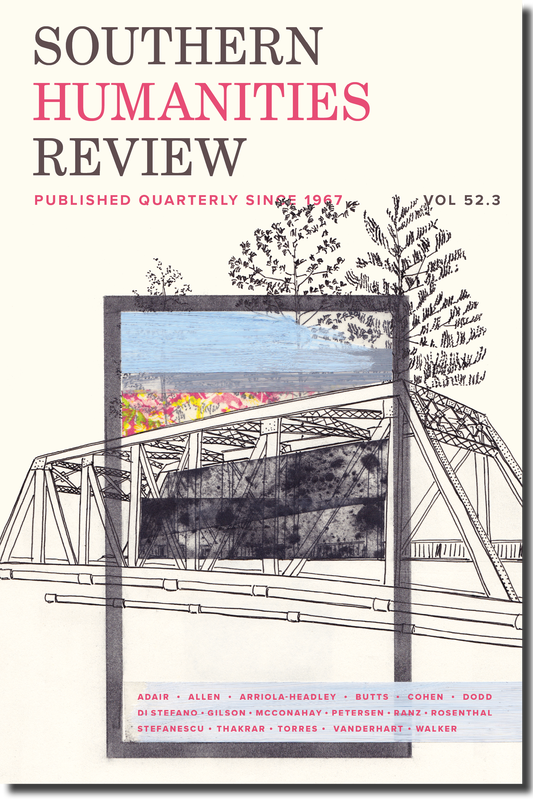|
Vertical Divider
a golden shovel for Lucille Clifton: “miss rosie”
1. i am reading the names of the lynched when the guard asks how i’m doing and i start to cry. in one photo, crowds watch a body burn, you wouldn’t believe their glee as the man is wrapped in flame. a father in the picture lifts his boy up on his shoulders. to the mob it is like a holy war, they’re doin god’s will, gettin garbage off the streets... now i am sitting in one of the tiny film cubicles surrounded by images from freedom summer, by blown-up headlines about the missing men. it is 1964, the bodies have been found, there’s the smell of death, legs poking from the mud. and deliquescing flesh of two other boys found in the river during the search, too long dead to identify. old grief and guilt like a knobby rotten potato. how the past peels open when i see the photos or hear the ringing freedom songs. when the guard says kindly if you want to talk, i can’t talk, just flap my hand around and cry… later i watch a teacher with her students. in this museum, she says, you will see what black people, and sometimes white, fought for here in mississippi. the right to work, to learn, to vote. your freedoms don’t come cheap, she says, for in the old days, the white man’s word was law. but how could we walk in the shoes of the man who was lynched for “bringing suit,” with the man who was lynched for “hogging the road,” with the woman and her little sons and daughter whose husband/father died because he wouldn’t toe the line? like mighty trees, cut down. like holy flames, snuffed out. i tell myself, no more sitting. let me walk among those who fought and those still fighting, still waiting. 2. i think of your courage, lucille. for in 1982, before that dignified white audience, you told how your great-grandmother, the first lucille, was on your mind the night you came to read at virginia. not lynched in virginia like all the others, you told us, but legally hanged because they respected her. next you said, shot her owner, her baby’s white father, from his horse. my week’s little concerns drained away, my papers to grade, the grocery list, the cluttered house, and i saw the crossroads, i saw dust and pines and broomsedge, heard the clattering hooves, heard him say for god’s sake lucille don’t. or maybe nothing at all. later, when you came to my house for the reception, silent and shy i sat on the steps, a scared new hire among all the senior professors, eager just to watch you as they shook your hand, as you balanced your plate. saying goodbye, you touched my cheek and told me, your eyes are so radiant. i will remember you. 3. in the photos, jeering crowds surround protesters wet with sweat and coke and catsup poured on their heads, their brown and white faces grim at lunch counters. any pocket or bag could hide a gun. i was the protesters’ age but was not there, the summer of burning churches. my mother was a protective, cautious woman who went to church, taught school, who forbade me to come on the buses for freedom summer, who used to say she’d die if i married “a negro.” what is it like to be a guard here, to comfort white women who weep, to be surrounded every day by the history of your people’s suffering, the fire, the noose, the prison whip called black annie that made scar-lace out of even the bestlooking back? not your grandma, not your mother, not your own sweet gal was safe in mississippi. or in arkansas, alabama, texas, louisiana, the carolinas, georgia. what’s it like to be a guard? to know that for stealing five pounds of ham they used to give a black man ten years at parchman, then to rent him out for convict labor until he’d starve, until he’d be broken? yet in the darkest corners of parchman, the freedom riders sang and called on each other’s courage, on the conscience and heart of the nation. and you, lucille, paying homage to your own lost Georgia Rose… what was it like to be you? i think of you with love. i stand in this museum knowing that you lifted me up and that you guide me still, through what i have done and what i have failed to do. your kindness, and the guard’s, in the midst of so much cruelty, such destruction… thinking of these, how can i not take courage, how can i not stand up? |
VOLUME 52.3 |
CURRENT ISSUE
|
CONTACT
|
DEPARTMENT OF ENGLISH
|


